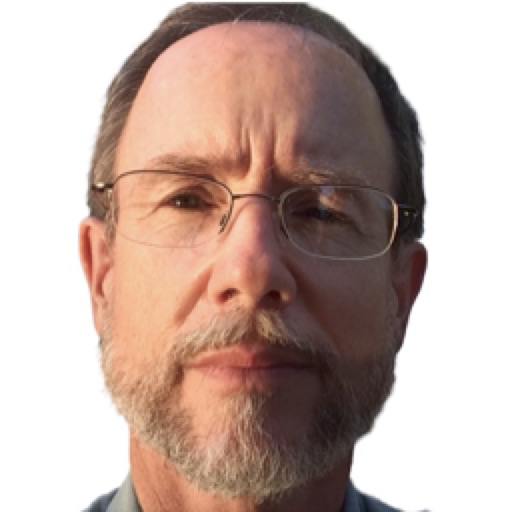GreyW
The Gay Street Bridge and Local Politics
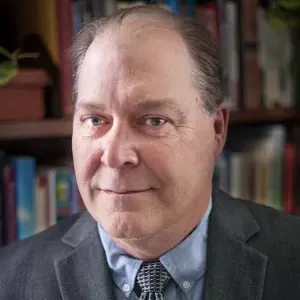 Scott Barker
Scott Barker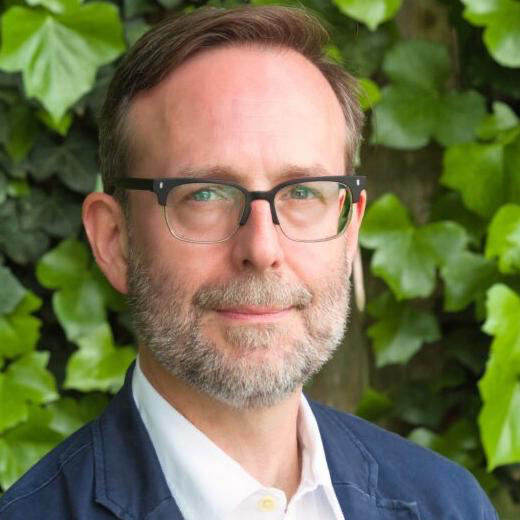 Jesse Fox Mayshark
Jesse Fox MaysharkCompass
Monday, October 13, 2025
11:30 a.m.
Crowne Plaza Hotel
401 W. Summit Hill Drive, Knoxville
Price for buffet lunch is $15 (includes complimentary parking in the hotel garage).
If you plan to eat, please This email address is being protected from spambots. You need JavaScript enabled to view it. by Friday, October 10 at noon.
If you choose not to eat, a charge of $7 will cover parking and event arrangements.
The formal meeting begins at 11:55 a.m.
The city closed the Gay Street Bridge because engineers — some of the best in the country — deemed its structure so compromised that it could not safely carry vehicular traffic and would need to be replaced. But many Knoxvillians, including some candidates for City Council, still think the current bridge could be repaired.
Compass co-founders Scott Barker and Jesse Mayshark will talk about how infrastructure development — bridges, roads, stormwater systems, traffic-light networks and the like — is a core mission for local governments. This year’s city election underscores its importance — Knoxville Mayor Indya Kincannon is pushing for passage of the sales-tax increase referendum by emphasizing the infrastructure improvements the new revenue would fund. And Knox County government is in the process of creating its first unified development ordinance, which will overhaul subdivision regulations, road design standards, stormwater requirements and more.
Voters have an obvious interest in infrastructure policies, but turnout in local elections, particularly city elections, is embarrassingly low. Barker and Mayshark will talk about turnout and how it affects local governments’ decision-making processes.
They also will discuss the local media landscape, the need for sources like Compass and Mayshark’s new project, the Progressive South.
The mission of Compass is to help inform civic dialogue among local decision-makers and community members about the factors and forces shaping our city and county. Compass provides news, insights and analysis of Knoxville and Knox County government, politics and business. Subscribers receive an email briefing delivered straight to their inbox every weekday, with links to new stories and a roundup of other news and events. Compass website content is updated every weekday, too.
Compass was co-founded 2018 by Scott Barker and Jesse Fox Mayshark, two long-time journalists with a love of Knoxville and deep knowledge of our community’s politics and personalities. Between the two, they have nearly 50 years of experience in journalism and government.
Scott Barker, the son of Protestant omnivores, was born in Chattanooga and raised in Kingston, where his claim to fame was being the high school quarterback.
After a nomadic and forgettable college career, he worked in various jobs, including an idyllic interlude as a crew member at LeConte Lodge in the Great Smoky Mountains National Park, until he was hired as a reporter at the News Sentinel in 1999.
He won numerous national, state and regional journalism awards as a reporter and editorial page editor over his 18-year stint at the paper. He was the lead reporter of the News Sentinel’s coverage of downtown Knoxville’s redevelopment, Black Wednesday and its aftermath, the Kingston coal ash spill and other seminal news events over the past two decades.
He lives in North Knoxville with his wife, Kimberly Jones.
Jesse Fox Mayshark, the son of Zen Buddhist vegetarians, was born on the West Coast, grew up on the East Coast, and has spent most of his adult years in Knoxville, Tennessee. He first moved south in 1994, shortly after graduating from Penn State University with a degree in journalism.
He has worked for publications large and small, including as a copy editor for The New York Times News Service; a reporter for the Knoxville News Sentinel; and as editor of Metro Pulse, the late, lamented alternative weekly that served Knoxville for more than 20 years.
He left journalism for a bit, spending seven years working for the City of Knoxville, where he served as senior director of communications and government relations for former Mayor Madeline Rogero — the first woman elected to the office.
In 2025, Jesse stepped back from editorial duties at Compass, though remaining a minority partner, to launch The Progressive South, a nonprofit media platform for progressive voices and values in the Southern U.S. Its first project is the weekly Headlights podcast.
Jessee also is the author of Post-Pop Cinema: the Search for Meaning in New American Film (2007) and co-author of The Scopes Trial: a Photographic History (2000).
He lives on a quiet block in North Knoxville with his wife, two children and a very fine cat.
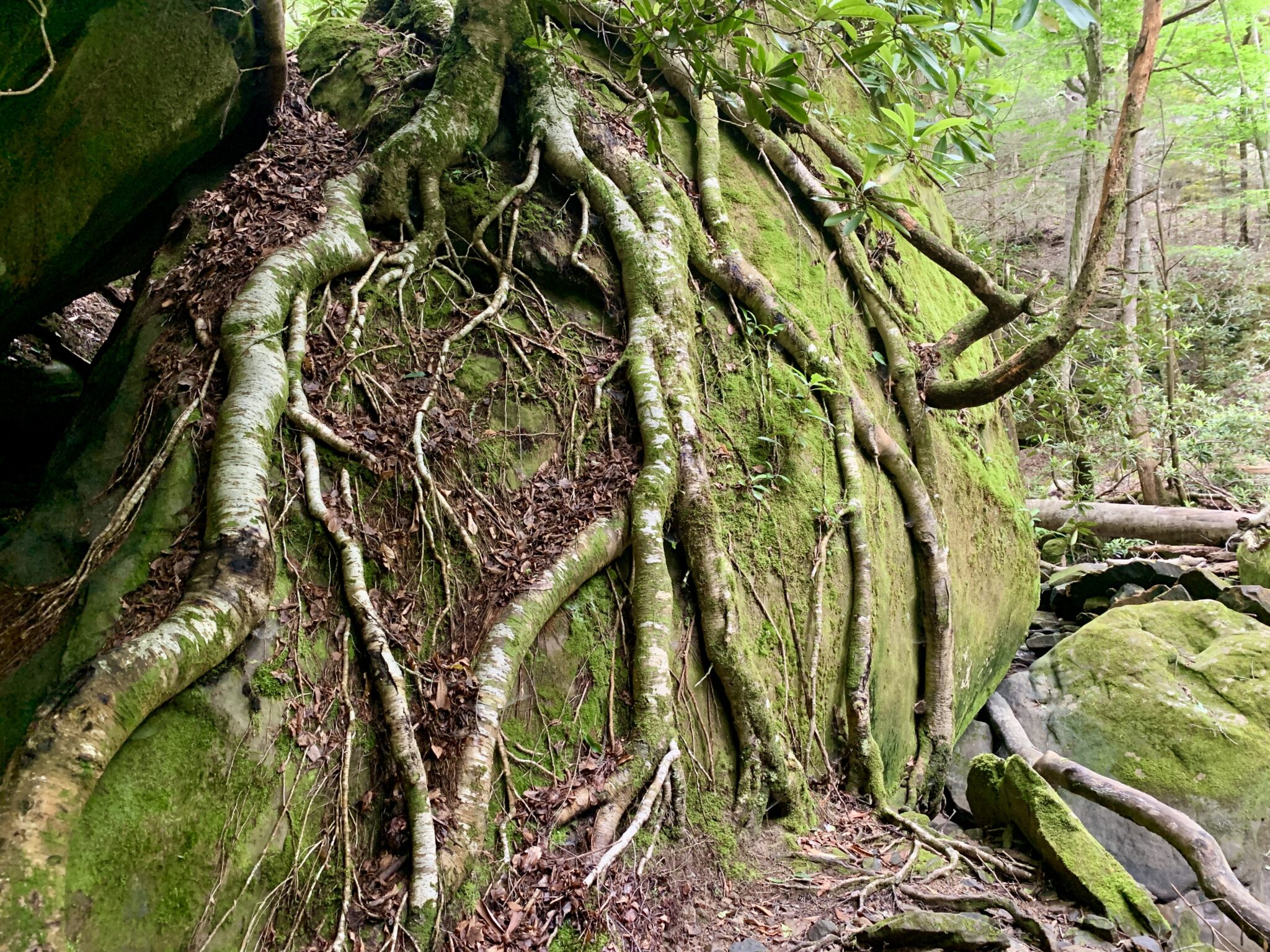 Roots cling to boulders along Honey Creek Loop in the Big South Fork National River and Recreation Area in Oneida, Tenn. Photo by Jesse Fox Mayshark
Roots cling to boulders along Honey Creek Loop in the Big South Fork National River and Recreation Area in Oneida, Tenn. Photo by Jesse Fox Mayshark
For more information on TSK and its meetings, please email the secretary, This email address is being protected from spambots. You need JavaScript enabled to view it. or call him at 865-679-9854.
Tour Eaton plant and Smart Factory Institute
 Industry 4.0 | Factory of the future | Eaton
Industry 4.0 | Factory of the future | Eaton
Wednesday, October 22, 2025
9:45 a.m. — 1:15 p.m.
Cleveland, Tennessee
RSVP required by October 21st, 5 p.m.
Eaton Tour
Check in at the lobby
3990 Old Tasso Road NE, Cleveland TN 37312
To expedite the process, you should complete the pre-check-in online today.
Safety
Whenever you are in the manufacturing area you are required to wear the following:
- Safety Glasses - Site can provide if needed.
- Ear Plugs - Site can provide if needed.
- Visitor Vest – Site will provide.
- Leg covering – Shorts and skirts are not allowed.
- Covered shoes – You will need to stay on the main aisle if you do not have Steel Toes.
- Gloves will be needed if handling products.
MFGDay tour with ASME Chattanooga and The Technical Society of Knoxville
Eaton’s manufacturing and supply chain investments specifically target surging demand for the company’s intelligent solutions — circuit breakers, load centers, switchboards, residential solutions and more.
Eaton's production capacity is supported by manufacturing plants in Sumter, South Carolina; Lincoln, Illinois; Cleveland, Tennessee; and four major facilities in Puerto Rico and the Dominican Republic.
Eaton recently invested in new facilities in El Paso, Texas and Greenwood, South Carolina.
Eaton's Cleveland produces low to medium voltage electrical disconnects for commercial and industrial applications.
The plant sits on approximately 26 acres, with a total of 140,000 square feet of production area under roof.
The site specializes in sheet metal stamping, welding, painting, and assembly to produce items that are used mainly downstream in power distribution infrastructure.
Some examples of the type of switches that Eaton manufactures are general duty AC units, heavy duty AC units, double throw safety switches, circuit breaker enclosures, elevator control switches, pringle bolted contact switches, and double door heavy duty safety switches.
The Cleveland, TN plant in 2024 became Eaton's first fully digital factory in North America!
The transformation boosted productivity by up to 26% through Industry 4.0 initiatives. The Cleveland team maintained full production while implementing advanced technologies.
The Eaton tour was arranged by our friends of the Chattanooga Engineers Club.
TSK attendees plan to order sandwiches and meet for lunch at Smart Factory Institute (SFI)
at 2215 Parker Street NE, Cleveland TN 37311; (Ph: 423-464-4280).
—> Follow signage on the back of the huge Pie building.
Please email This email address is being protected from spambots. You need JavaScript enabled to view it. to place a lunch order by 5 p.m. today if interested.
The cost for Jimmy John's lunch is $12 (please prepare exact amount for quick handover to Jim before or after the Eaton tour).
You are invited to meet and interact with Chattanooga Engineers Club members and for a
Mini tour of SFI, the organization that consults, trains, and certifies factories nationwide to bring them up to the Industry 4.0 technology level.
Advanced Connectivity
• Industrial Internet of Things (IIoT)
• Smart Sensors
• The Cloud
• Cybersecurity
Data Driven Intelligence
• Artificial Intelligence (AI)
• Machine Learning
• "Big Data" Analytics
Human Machine Integration
• Augmented/Virtual Reality
• Collaborative Robots
• Cyber-Physical Systems
• Simulations
Advanced Production Methods
• Automation
• Additive Manufacturing
• System Integration
• Cloud Manufacturing
We at TSK have talked for a long time about how to better get to know the Chattanooga Engineers Club, both to form friendships and understand how they have built such a great club.
This is your opportunity; don’t miss it!
— Jim Reynolds
Let’s zap ’em — advanced radiation therapy techniques

Jr. Medical Physicist
Thompson Proton Center
Monday, September 8, 2025
11:30 a.m.
Crowne Plaza Hotel
401 W. Summit Hill Drive, Knoxville
Price for buffet lunch is $15 (includes complimentary parking in the hotel garage).
If you plan to eat, please RSVP This email address is being protected from spambots. You need JavaScript enabled to view it. by Friday, September 5 at noon.
If you choose not to eat, a charge of $7 will cover parking and event arrangements.
The formal meeting begins at 11:55 a.m.
Radiation therapy is the treatment of cancer with x-rays, gamma rays or charged particles, such as electrons or protons. As medical physicists we are closely involved with the patient’s care team, which often consists of multiple MDs, such as the radiation oncologist, medical oncologist and surgeon, as well as nurses, radiation therapists, dosimetrists and other staff.
This presentation will highlight different modalities used in radiation therapy, including a brief history for each modality and an overview of state of the art technology and applications. Modalities to be discussed are conventional photon therapy (x-rays), proton therapy (charged particles), and briefly Gamma Knife® (gamma rays) therapy. All these modalities are available for cancer treatment here in Knoxville, TN.
What is a medical physicist?
Medical physicists are an integral part of the cancer patient care team. Our role in a nutshell is to ensure that the radiation machines are working safely and correctly and that each patient receives the dose the radiation oncologist prescribed in a safe and accurate manner.
Most medical physicists will attend a two year medical physics masters program at a university before undergoing a 2 year residency program in a radiation oncology department. Final board certification involves passing a board exam that is split up in 3 parts that are taken at least one year apart.
Dr. Isabella Pfeiffer was born and raised in Munich, Germany. She graduated from the Munich Vet School in 2004. Over the next six years she completed a rotating internship, her doctoral thesis (Dr. med. vet.) and a medical oncology residency at the Munich Vet School and Purdue University, IN. Since 2010 she is board-certified in Medical Oncology by the ECVIM-CA.
She also spent four months at the Radiation Oncology Service of UC Davis, CA. In 2011 she worked as a senior clinician for the Radiation and Medical Oncology Service at the Vet School in Munich, Germany. From January 2012 until May 2013 she was Head of the Oncology Department at a small animal clinic in Düsseldorf.
She completed a radiation oncology residency at UC Davis in August 2015, passed her board examination in September 2015 and worked as a clinical assistant professor for radiation oncology at the Veterinary Teaching Hospital of the University of Tennessee from 2015 till 2020.
She then switched careers and completed the Certificate in Medical Physics at the University of Tennessee Department of Nuclear Engineering and a 2-year residency program with the Thompson Cancer Survival Center at Covenant Health. She is currently working as a medical physicist for the Thompson Proton Center and as a veterinary radiation oncology consultant for the Harvest Veterinary Oncology Center in Hong Kong.
At this meeting, we’ll also determine TSK membership interest in a guided tour of the Thompson Proton Center’s massive behind the scenes proton acceleration infrastructure and what available dates and times may be best for such a TSK site visit. We’re glad Knoxville has been among the first cities worldwide with a Proton treatment facility. There still are fewer than 50 in the U.S.
 Proton beam distribution from the cyclotron to the treatment rooms at Thompson Proton Center.
Proton beam distribution from the cyclotron to the treatment rooms at Thompson Proton Center. 2016 Wolf Naegeli
For more information on TSK and its meetings, please email TSK secretary, This email address is being protected from spambots. You need JavaScript enabled to view it. or call him at 865-679-9854.
Critical Connections: The University of Tennessee and Oak Ridge from the Dawn of the Atomic Age to the Present
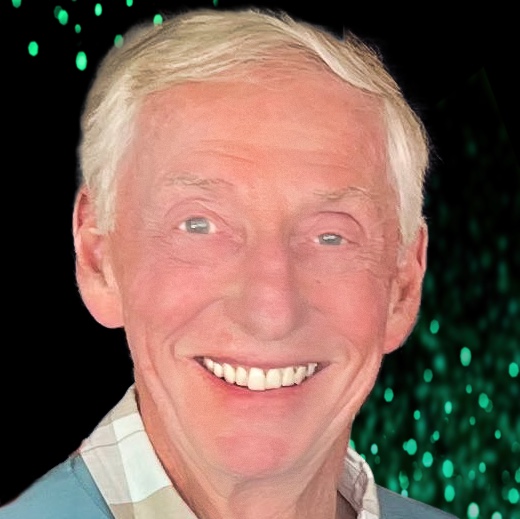
Emeritus Professor of Physics
University of Tennessee
Monday, August 11, 2025
In 1940 Oak Ridge did not exist and UT had no PhD programs. Much has changed in the last 80 years as UT and the federal facilities in Oak Ridge have grown enormously and in many examples jointly. The UT partnership with Oak Ridge National Laboratory is unique in the country. Some of the history of this partnership will be discussed, along with the benefits that have come to each institution. This topic is explored in detail in a new book published in 2024 by UT Press: Critical Connections: The University of Tennessee and Oak Ridge from the Dawn of the Atomic Age to the Present, by Lee Riedinger, Al Ekkebus, Ray Smith, and William Bugg.
Lee Riedinger got his physics PhD from Vanderbilt in 1968 after spending two years working on dissertation research at Oak Ridge National Laboratory. He joined the University of Tennessee Physics faculty in 1971 and served there until his retirement in 2019.
His field is experimental nuclear physics and he led many experiments at accelerators at ORNL and other labs in the U.S. and Europe. He was the UT vice chancellor for research three different times and directed the UT/ORNL Science Alliance in the 1980s.
Reidinger was one of the leaders of the initiative at UT to team with Battelle and bid on the contract to manage ORNL, which succeeded as the UT-Battelle LLC tenure at ORNL began in 2000. He served on this management team from 2000 to 2006, the first four years as the deputy director for science and technology.
He returned to UT in 2006 and next started the UT/ORNL Bredesen Center in 2010 and its two new interdisciplinary PhD programs, which he directed until his retirement.
Locally available at
Addison’s, 126 S. Gay Str, Knoxville, TN 37902
Union Ave Books, 517 Union Ave, Knoxville, TN 37902
Barnes & Noble, 8029 Kingston Pike, Knoxville, TN 37919
Lee Riedinger is former vice chancellor for research at the University of Tennessee, Knoxville.
Al Ekkebus is a former outreach leader for neutron science at Oak Ridge National Laboratory.
Ray Smith is the Oak Ridge historian, formerly at Y-12.
William Bugg is former head of the Physics Department at the University of Tennessee, Knoxville.
“The future of the Clinton Laboratories [now ORNL] at Oak Ridge was much less clear [than that of other facilities]. The General Advisory Committee had concluded the laboratory was not worth saving. As Oppenheimer had told the Commissioners on March 30 [1947], ‘Most of us think that the evidence is in that Clinton will not live even if it is built up.’” From: Atomic Shield: A History of the Atomic Energy Commission, by Richard G. Hewlett and Francis Duncan, cited in the ORNL Review Blog.
“There are people in Oak Ridge who know more about Oak Ridge than Lee Riedinger does, there are people at UT who know more about UT than Lee Riedinger does, but no one has as much knowledge about both UT and Oak Ridge as Lee Riedinger.” Soren Sorensen, UT professor and then head of the UT Physics Department, quoted in the Daily Beacon, Sep 12, 2006
“One of the nicest and most gracious individuals we have ever known has announced plans to retire … . The position from which he is retiring — inaugural Director of UT Knoxville’s Bredesen Center for Interdisciplinary Research and Graduate Education — is one into which he has literally poured his heart and soul. Riedinger was part of the UT and ORNL team that helped conceive the idea to use both institutions as a way to attract more top flight graduate students to the region, and it has clearly achieved that goal.” Tom Ballard, Technovation.biz, Oct 29, 2018
For more information on TSK and its meetings, please email TSK secretary, This email address is being protected from spambots. You need JavaScript enabled to view it. or call him at 865-679-9854.
TSK Charter
If your browser does not support scrolling the document to view all of its pages, you can download the file by tapping the email button above the top right corner of the title page.
TSK Bylaws
If your browser does not support scrolling the document to view all of its pages, you can download the file by tapping the email button above the top right corner of the title page.
TSK Board of Directors
President
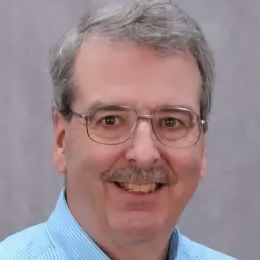
Joseph P. Carson, PE, BS Mechanical Engineering
Safety Engineer at U.S. Department of Energy (retired)
TSK Interim President 2015
Secretary
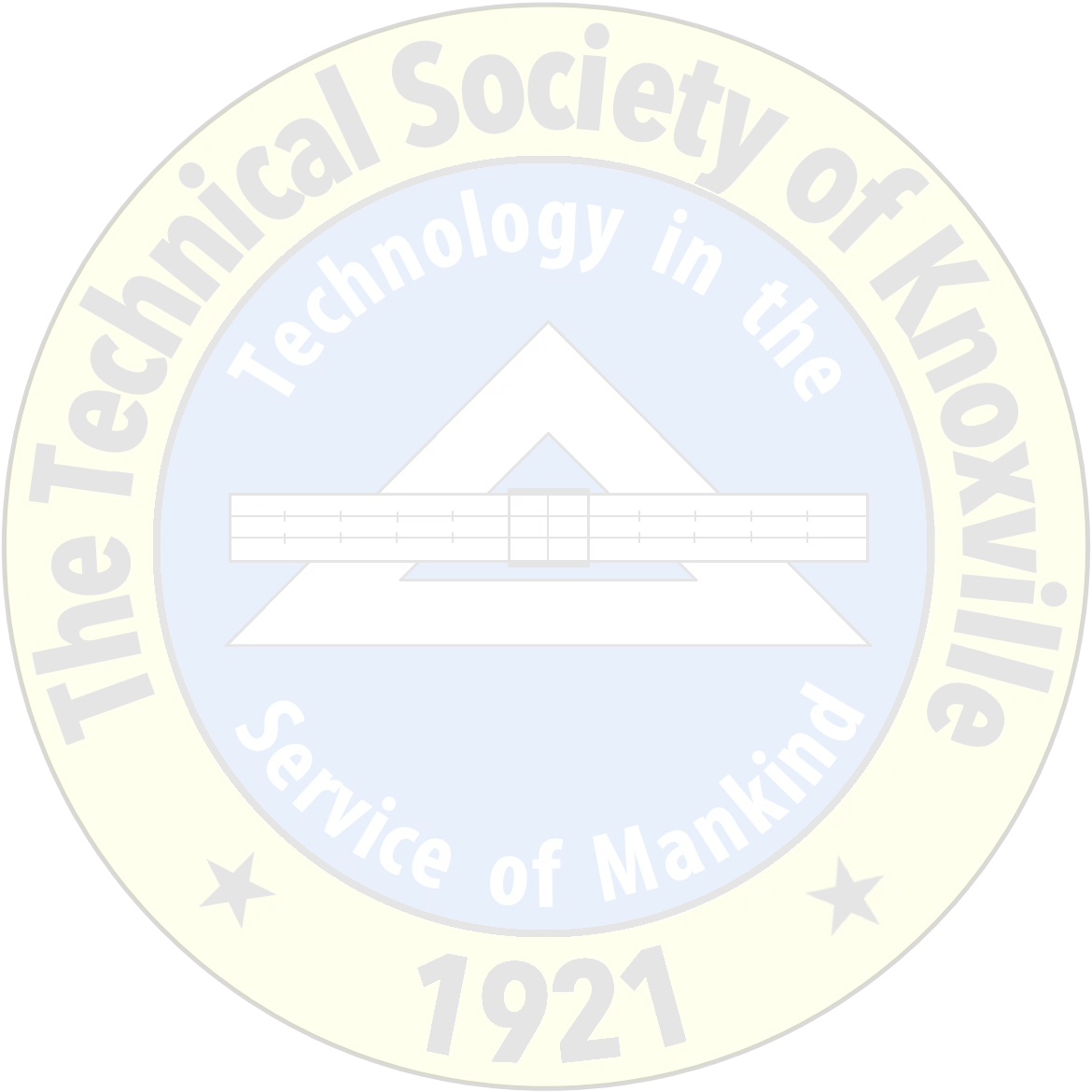
Deadrick Wayne Loveday
VP at Knoxville Utilities Board (retired)
Treasurer
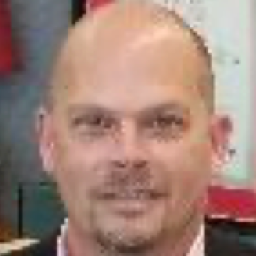
Bruce W. Webb, PE, BE Electrical and Electronics Engineering
Senior Engineer at Knoxville Utilities Board
TSK President 2023, 2024
Directors
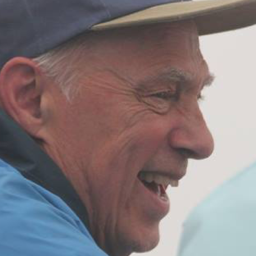
Robert R. Scott, III, PE, MS Chemical Engineering
Professor of Engineering at Pellissippi State Community College (retired)
Honorary Member of TSK; Grandson of TSK’s founder Charles E. Ferris
TSK Representative on the Knox County Air Pollution Control Board
TSK President 1982
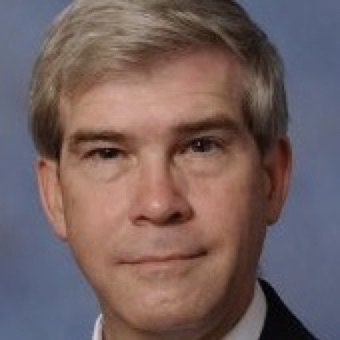
Stephen J. Hillenbrand, PE, MS
Senior Forensic Engineer at DONAN (retired)
TSK President 2020–2022
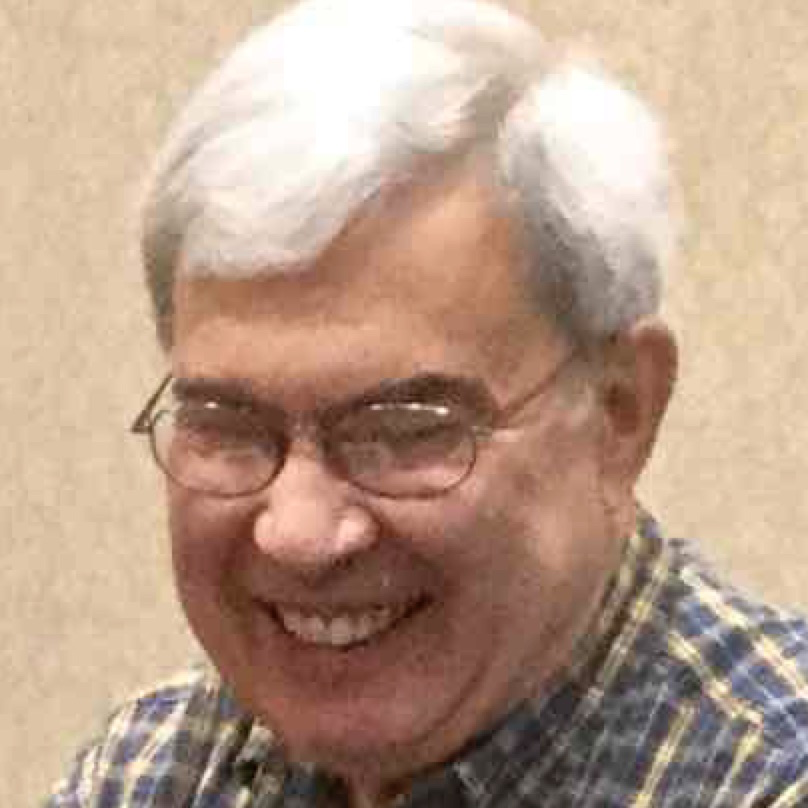
Everis R. Engstrom, PE, MSEE Electrical and Electronic Engineering, MBA
VP of Engineering at Daxor Corporation (retired)
TSK President 2016
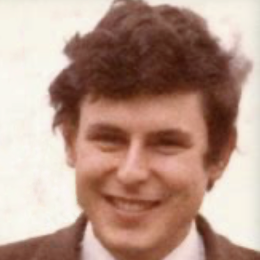
Wolf Naegeli, PhD Natural Resources Policy and Planning
Senior Research Scientist at University of Tennessee (retired)
TSK CAO & Webmaster, President 2017
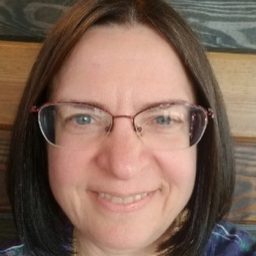
Donna R.H. Riggs, PE, MS IE Manufacturing
Software Quality Assurance Engineer at Riggs Quality Consulting
TSK VP 2022, 2023
James M. Reynolds, MD, DABFM
Clinic Physician at CareHere (retired)
TSK Chair of the Membership Committee
Treaty on the Prohibition of Nuclear Weapons
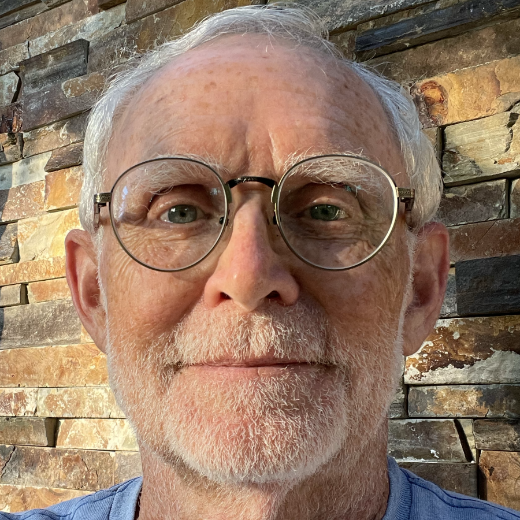
Ralph Hutchison
Administrative Coordinator
Oak Ridge Environmental Peace Alliance
Monday, July 14, 2025
The Treaty on the Prohibition of Nuclear Weapons (TPNW) entered into force on January 22, 2021. It is a crucial component of international humanitarian law.
The very first resolution by the General Assembly of the nascent United Nations (UN), adopted in January 1946, called for the elimination of nuclear weapons, within months of the Hiroshima and Nagasaki bombings. Yet — whereas other horrendous weapons of mass destruction, like mustard gas, were already banned by the Geneva Conventions after WWI and Napalm got added relatively soon after the Vietnam war — rejection of nuclear armament has been progressing at a lethargic pace.
In 2017, 122 nations voted to adopt the TPNW. In October 2020, Honduras became the 50th state to ratify the Treaty, allowing it to become effective 90 days later.
Neither the United States nor any other nuclear-armed state — nor those states that are formally protected under nuclear “umbrellas” — have adopted or even seriously engaged in the TPNW. The United States organized a NATO-nations boycott of Treaty negotiations at the UN.
Nevertheless, the TPNW continues to grow in global popularity, with more than 90 signatory nations and more than 70 ratifying nations.
The presentation will discuss some of the unique features of the Treaty, including
- the focus on the humanitarian impacts of the nuclear threat
- the positive obligations the treaty places on party states
- the working groups developing the protocols of the Treaty.
These working groups have expanded the roster of Treaty working groups to include NGO representatives, academics, and technical experts in addition to the usual representatives of states party to a treaty.
Non-governmental organizations (NGOs) can support the TPNW with resolutions and statements sent to elected officials and the media.
City and local governments by the thousands around the globe have adopted resolutions pressuring states and officials to sign the Treaty.
Ralph Hutchison is Administrative Coordinator of the Oak Ridge Environmental Peace Alliance (OREPA). He has served on state and federal advisory boards dealing with health and environmental impacts from nuclear weapons production and has participated in presentations about the US nuclear weapons complex at the United Nations (including in 2017, when the TPNW was being negotiated) and in briefings to Congressional staff.
He has served as president of the Alliance for Nuclear Accountability and on the Coordinating Council of the Nuclear Ban Treaty Collaborative. He has participated in nonviolent direct action/civil resistance actions in the US and, most recently (2019), at the Büchel Air Base in Büchel, Germany, where US B-61 nuclear weapons are deployed.

For more information on TSK and its meetings, please email TSK secretary, This email address is being protected from spambots. You need JavaScript enabled to view it. or call him at 865-679-9854.
The new Summer School of the South
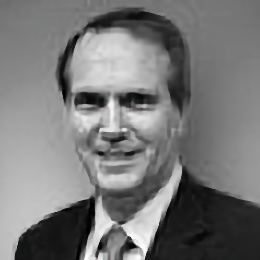
Philander P. Claxton
Southern Education Institute
Monday, May 12, 2025
Phil Claxton graduated with BA and BS degrees from Washington and Lee. He received two Bronze Star medals for his service in the 5th Special Forces Group (Airborne) in Vietnam where he led a Mobile Strike Force reconnaissance unit. Next, he earned an MBA from Harvard and a JD from Georgetown.
Phil has more than 40 years of experience as a senior manager and entrepreneur. The last company he started and managed for almost 25 years, developed, manufactured, and placed more than 35,000 automatic blood pressure machines in pharmacies, worksites and health clubs around the world. They were used by more than 1,000,000 people a day in 30+ countries and saved thousands of lives every year.
He moved from Washington D.C. to Knoxville Tennessee to focus on restarting the Summer School of the South. His grandfather was the first Superintendent of the original Summer School founded in 1902, until he was appointed U. S. Commissioner of Education by President Taft in 1911.
The goal of the new Summer School will be to improve education in the South. Its ultimate objectives will include creating for southern employers a larger pool of workers who are good citizens with the skills needed by the employers and helping to raise the standard of living of everyone.
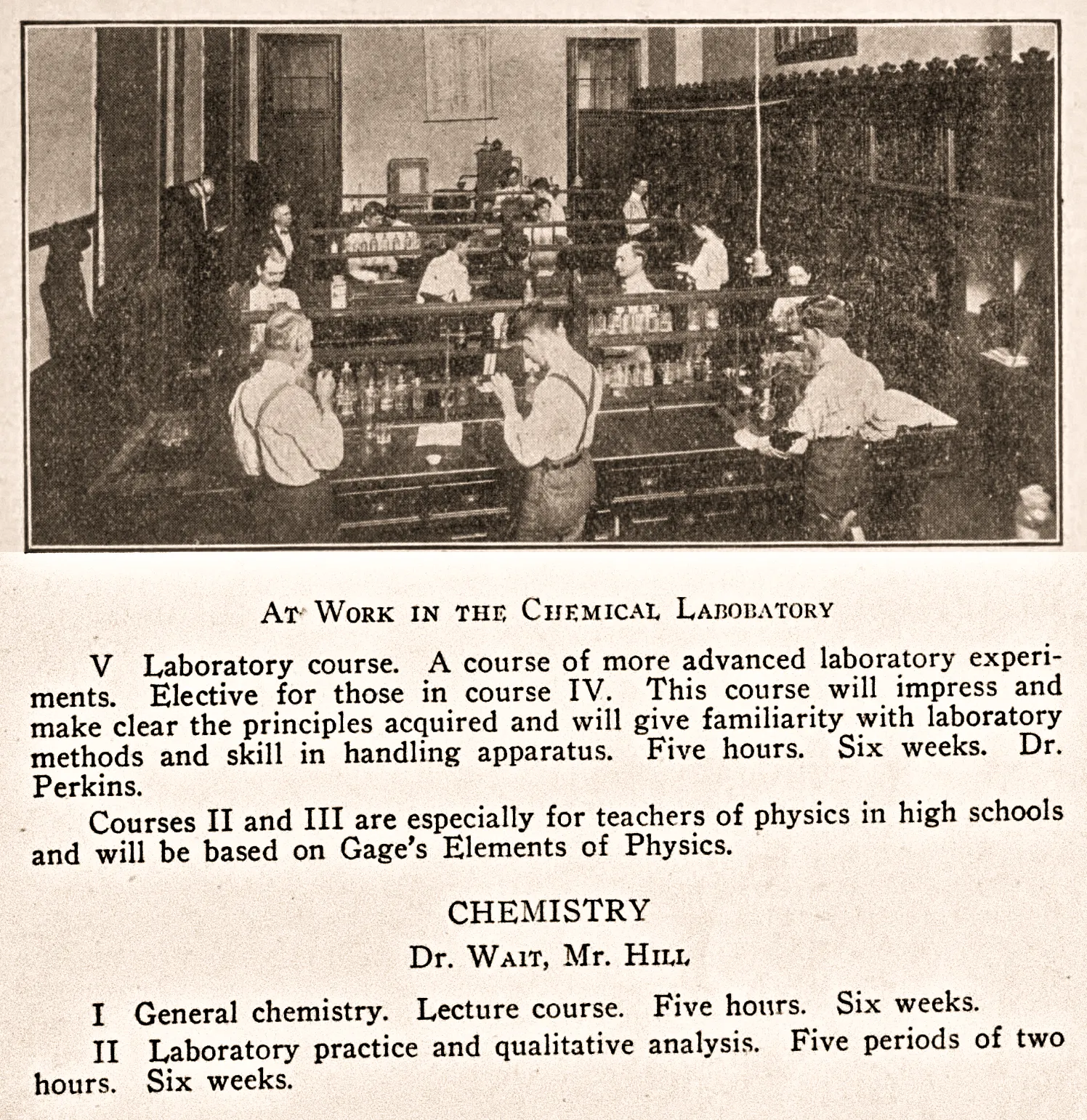 From 1904 Summer School of the South program
From 1904 Summer School of the South program
For more information on TSK and its meetings, please email TSK secretary, This email address is being protected from spambots. You need JavaScript enabled to view it. or call him at 865-679-9854.
Composition of the Standard Model ‘Elementary’ Particles
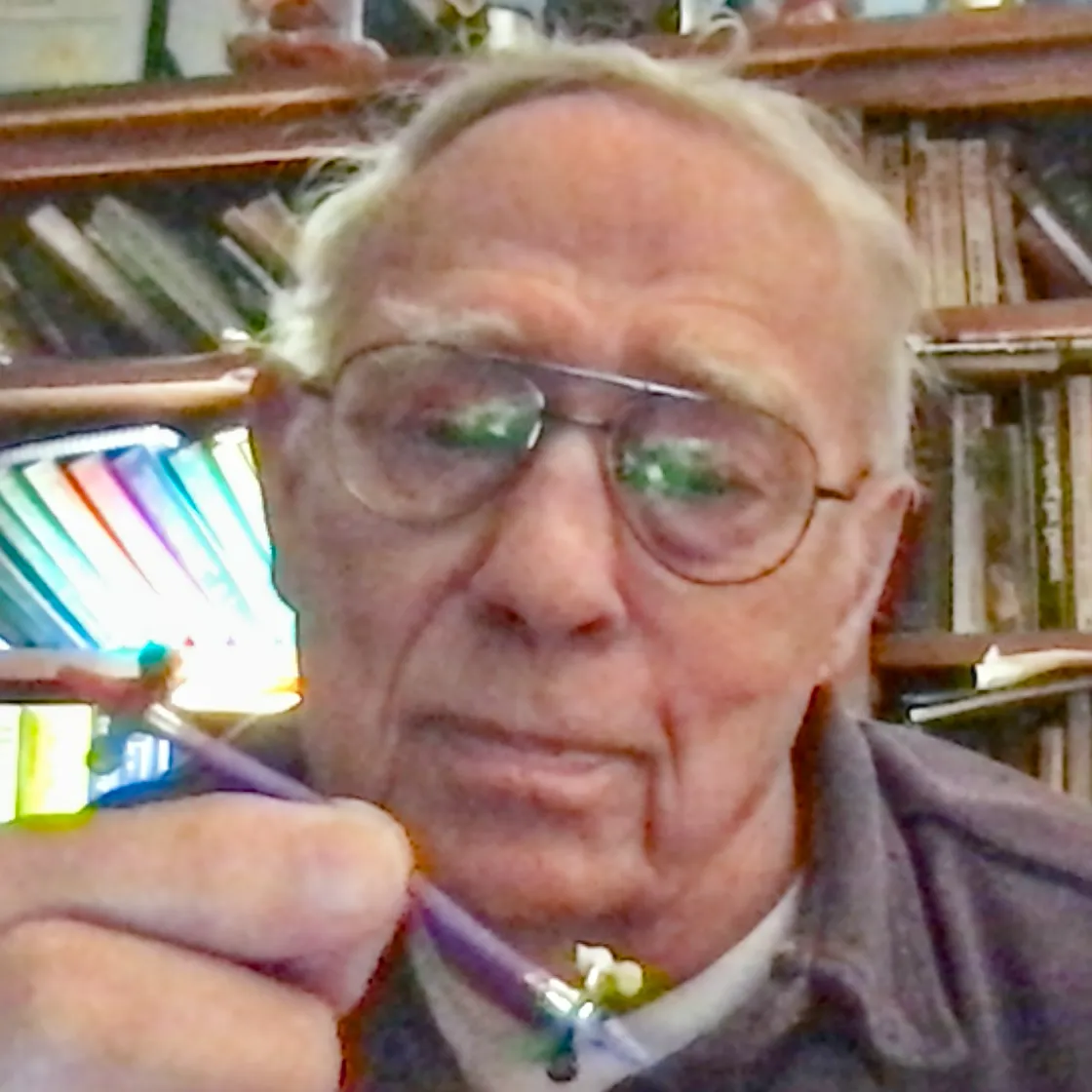
Robert R. Scott, III, PE
Honorary Member of
The Technical Society of Knoxville
Monday, April 14, 2025
Bob Scott is a chemical engineer (PE) with a BS from the University of Tennessee and MS from the University of Cincinnati.
He worked in the chemical industry for 16 years (duPont, Olin, Shell Chemical and Oak Ridge National Laboratory) and taught at Pellissippi State Community College for 26 years.
Bob is a current member of the TSK Board of Directors. He is a past president, and he also served as TSK’s secretary for many years.
At the age of 90 years Bob is beginning a new career as a theoretical particle physicist and this will be the first public presentation of his alternate theory of the composition of the standard model elementary particles.
In particle physics, an elementary particle or fundamental particle is a subatomic particle that is not composed of other particles. The Standard Model presently recognizes seventeen distinct particles — twelve fermions and five bosons. However many people suspect that a particle is not a fundamental particle if it breaks up into other particles shortly after it is created. One attempt at understanding the nature of fundamental particles is string theory, an idea in theoretical physics that reality is made up of infinitesimal vibrating strings, smaller than atoms, electrons or quarks.
Bob’s theory is: everything is made of positive and negative versions of a six sided particle he has named a “knuck.”
Not everyone will agree with his theory (does anyone?) but it may give you some thoughts. Several physicists have been very helpful.
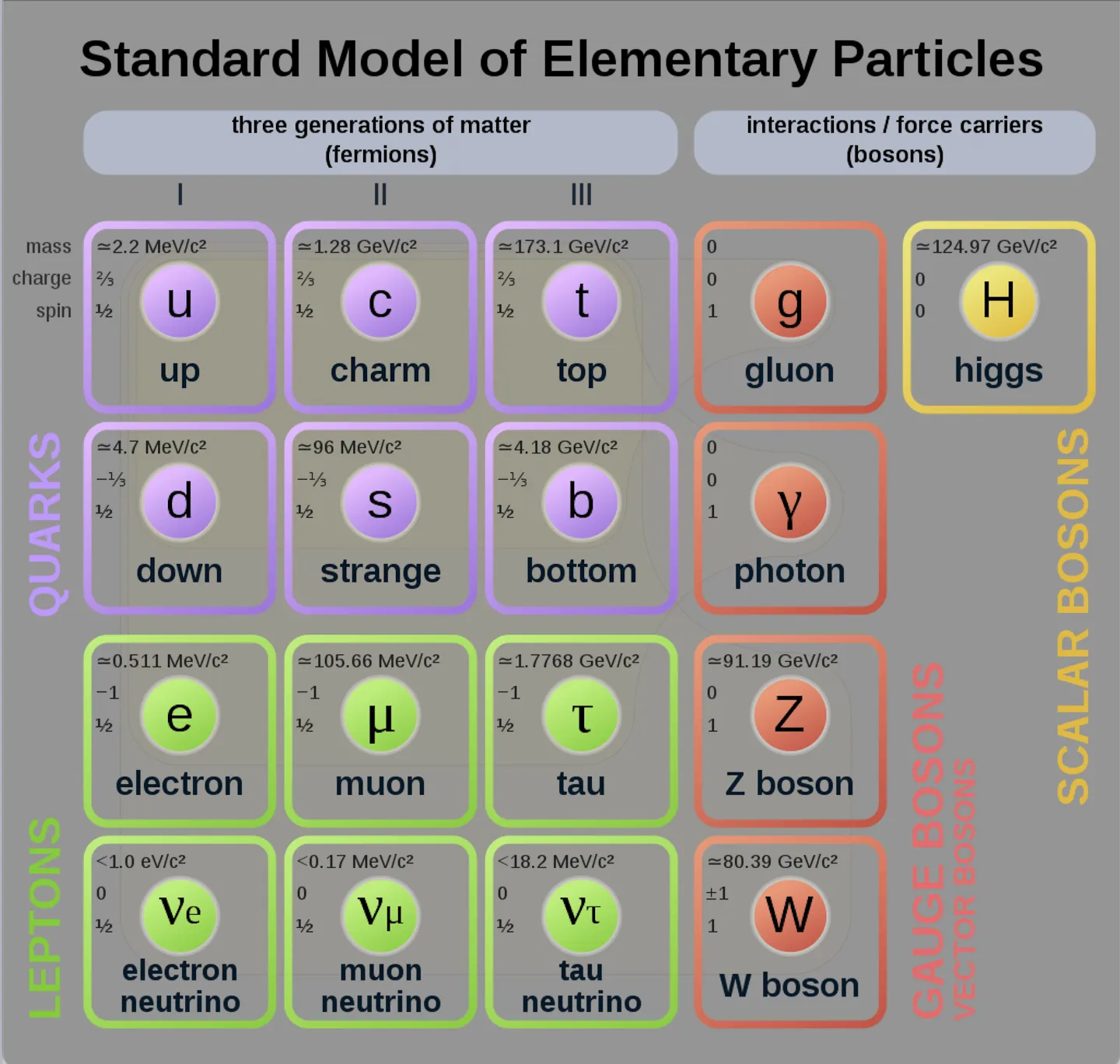
For more information on TSK and its meetings, please email TSK secretary, This email address is being protected from spambots. You need JavaScript enabled to view it. or call him at 865-679-9854.




